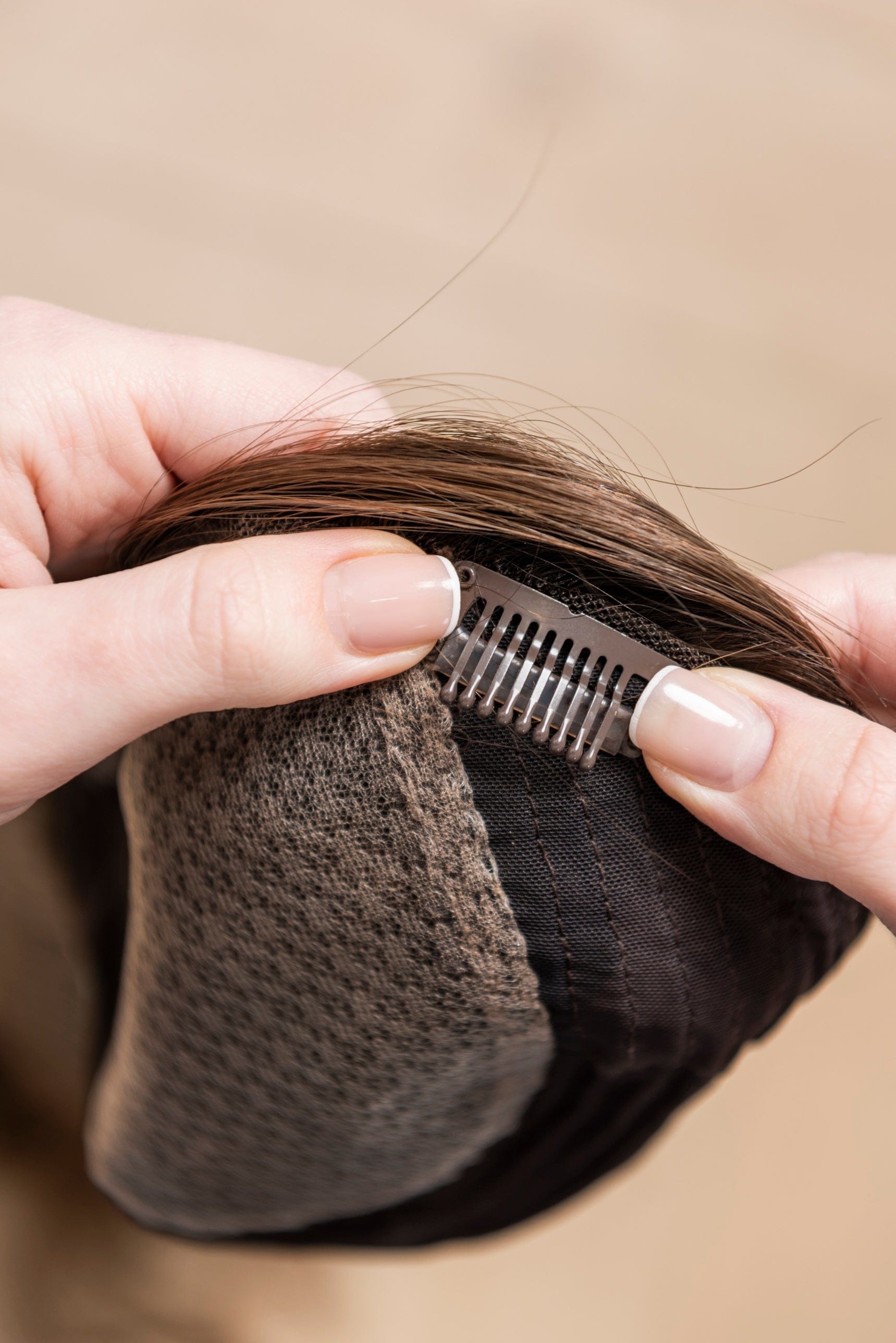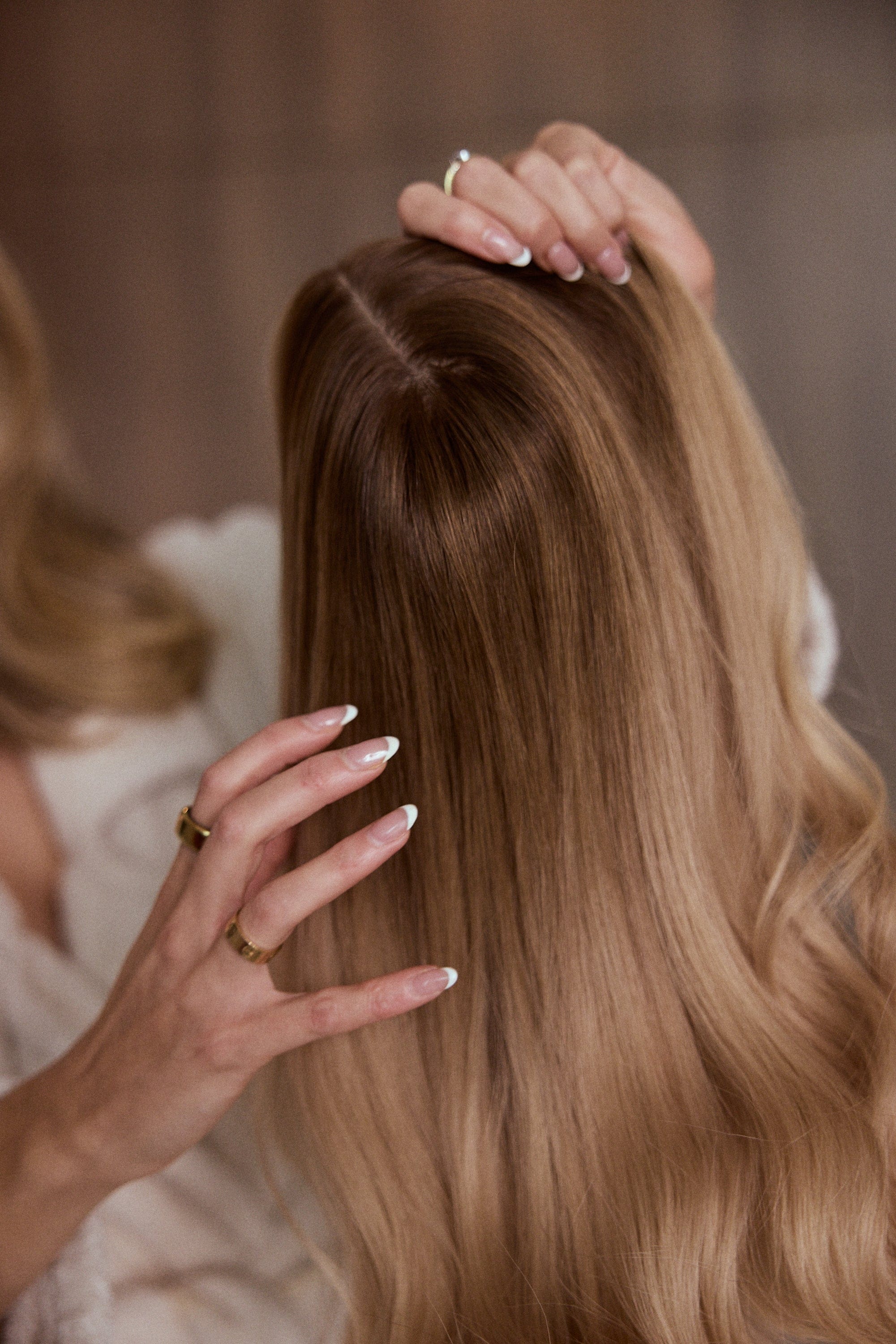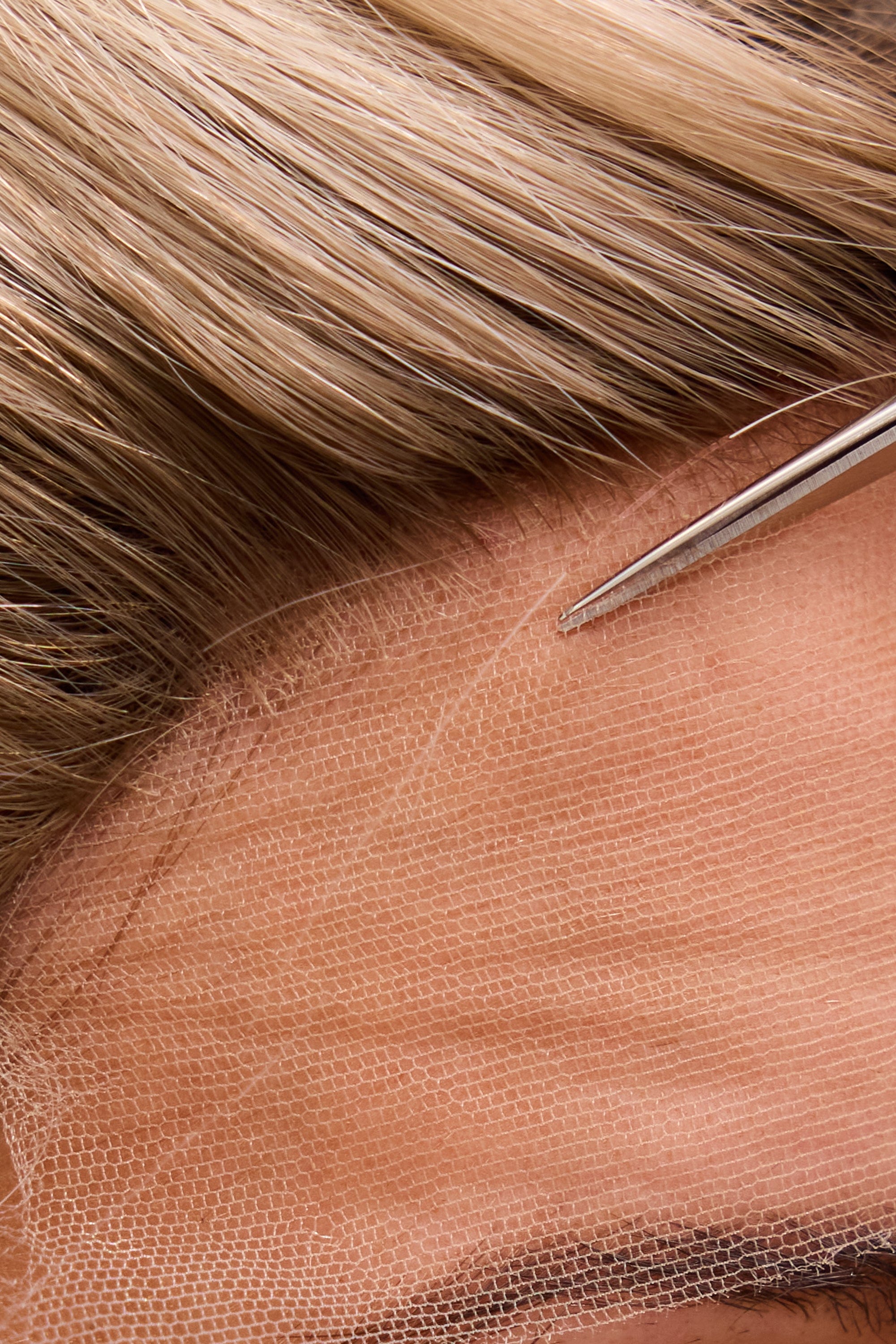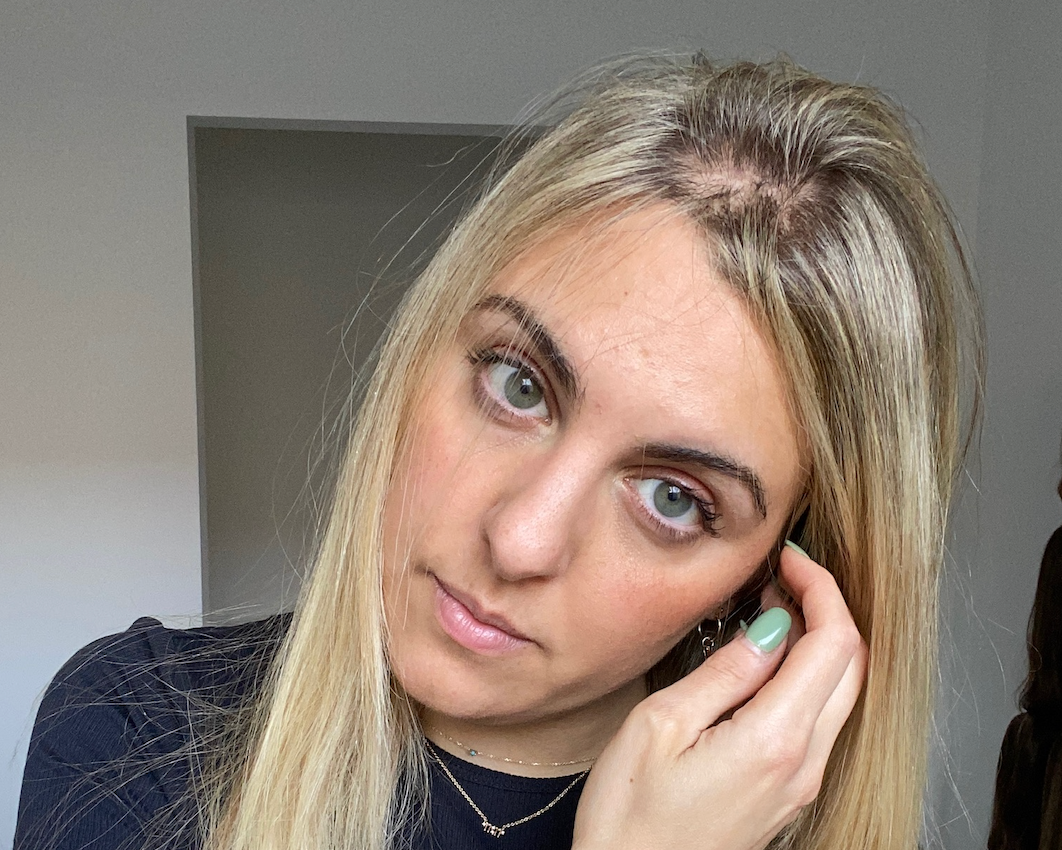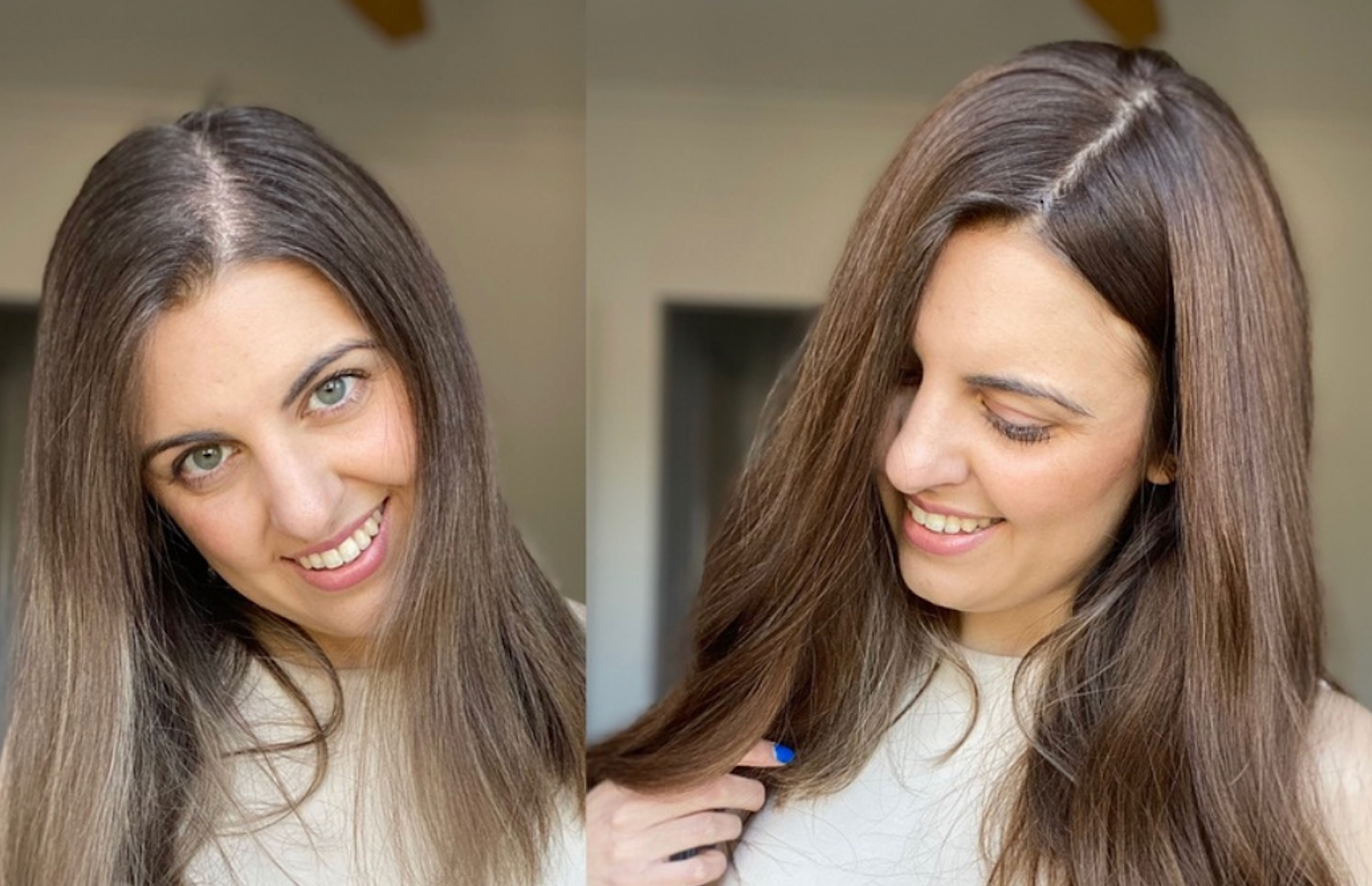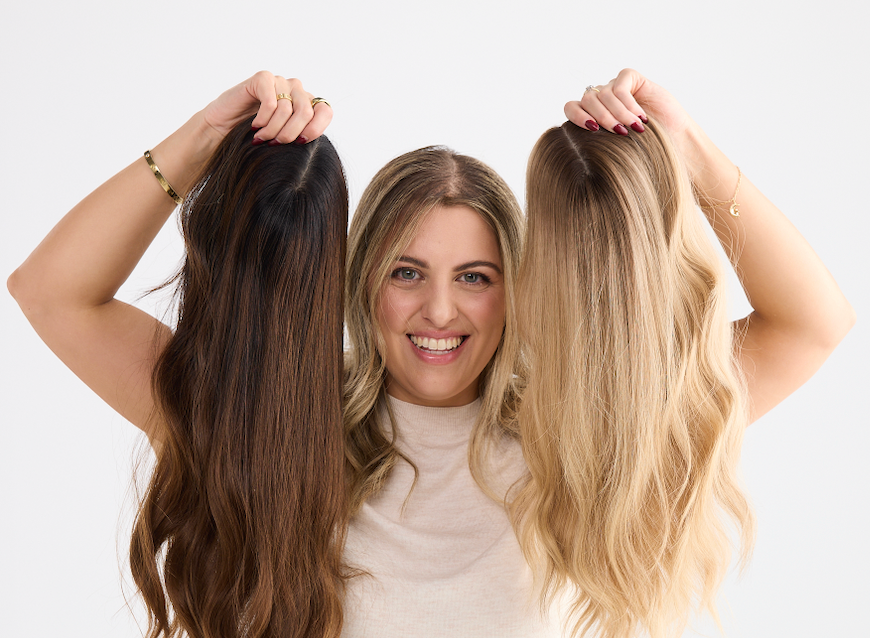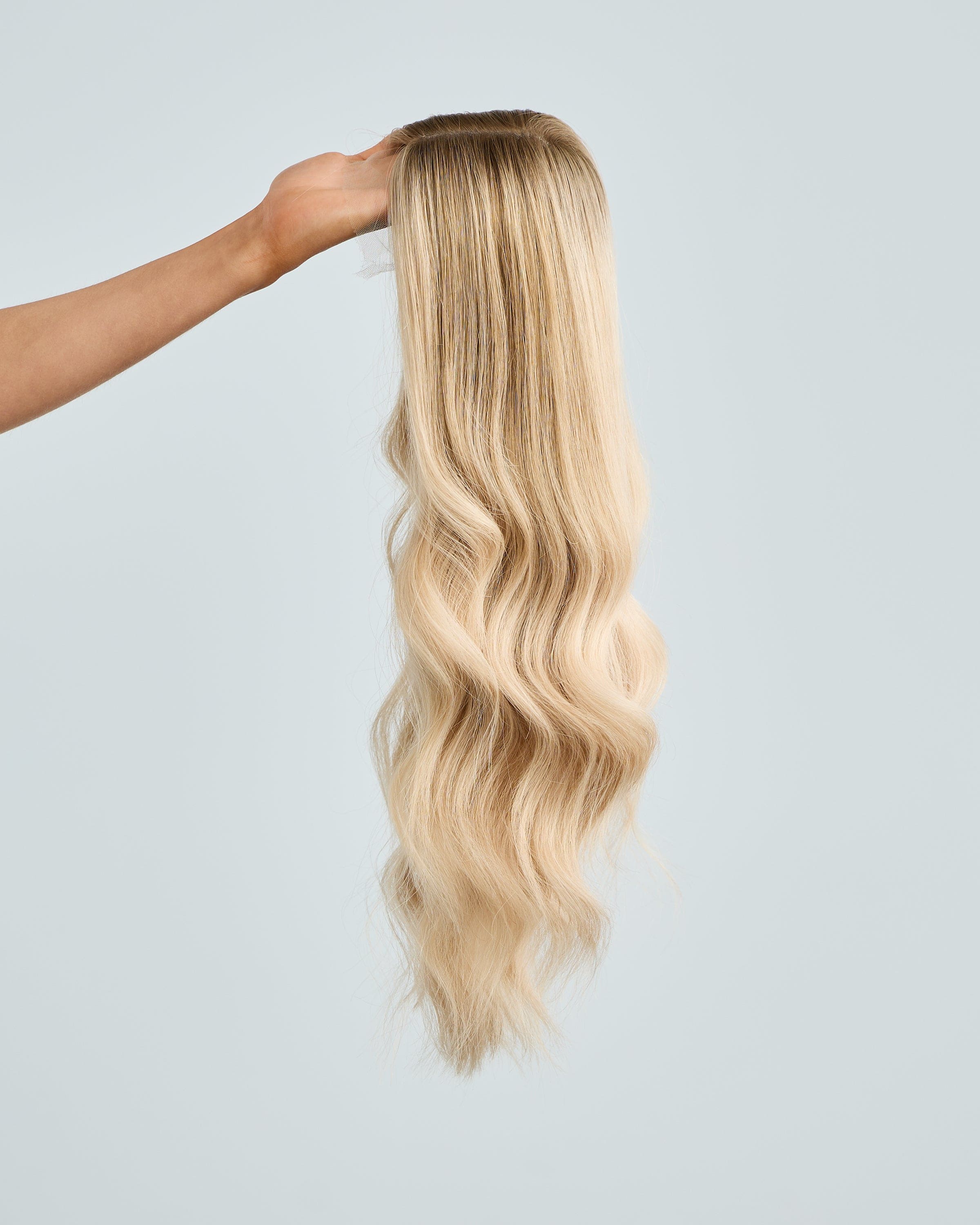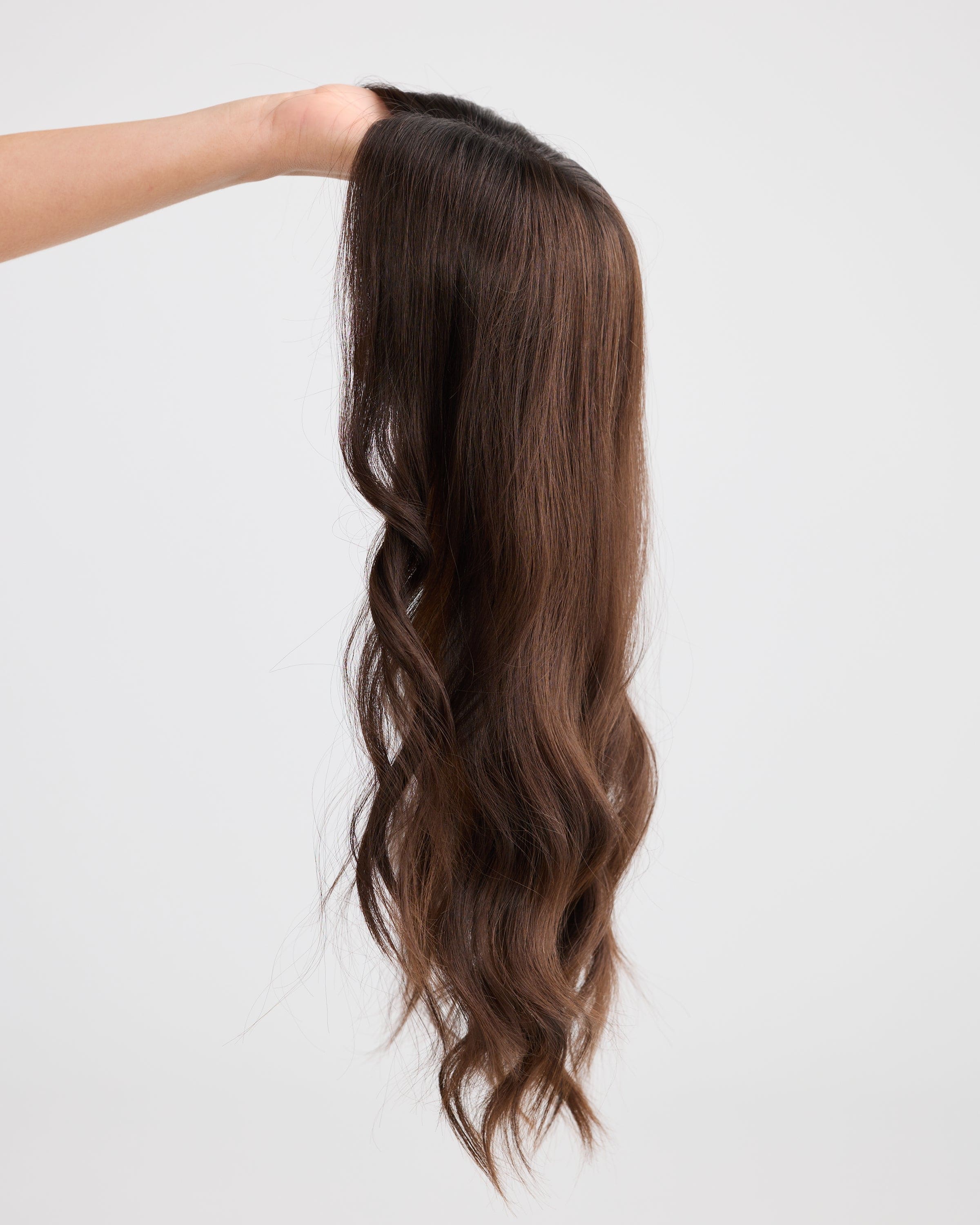For anyone struggling with hair loss, it can be tough to scroll through social media without seeing ads for “miracle” solutions. From Double Raspberry Blast Bonanza gummies to Blueberry Bliss Bears, these products promise a new head of thick, shiny hair within a few months. But, are these claims just clever marketing or a genuine solution to hair loss? If you’ve ever tried (or thought about trying) hair growth gummies, you’re not alone! It’s normal to be curious and hopeful that something as simple as a gummy could bring results.
While hair growth gummies aren’t exactly “bad,” there are a few things you should know before investing in them. Let’s break down how hair growth supplements really work, what they can and can’t do, and how to set realistic expectations if you’re considering them.
What Are Hair Growth Gummies, Really?
Hair growth gummies are essentially supplements packed with vitamins and nutrients like biotin, vitamin E, folic acid, and sometimes collagen. These ingredients have documented benefits for skin, hair, and nails. Biotin, for instance, plays a role in the production of keratin—a protein your body uses to grow hair. Vitamin E is an antioxidant that can help repair damage in hair follicles, while folic acid promotes cell division, which is essential for hair growth.
On paper, these ingredients sound fantastic! And they do help to support hair health. However, taking supplements only influences hair growth if you’re deficient in the specific vitamins included. If your diet is balanced and you don’t have any deficiencies, those extra vitamins might not have a noticeable effect.
So, while hair growth gummies may work for some people, it’s usually in cases where nutritional gaps needed to be filled. Unfortunately, for the majority of people—especially those dealing with hair loss due to genetics or other underlying health conditions—popping a gummy won’t provide the dramatic results they’re hoping for.
When Can Hair Growth Gummies Help?
There are instances where these supplements can make a real difference. Hair loss due to vitamin deficiencies can be reversed if the deficiency is corrected. For example:
- Biotin Deficiency: Biotin deficiencies are rare but can cause brittle hair or hair loss. Biotin-rich gummies could help in these cases by replenishing the body’s supply.
- Iron Deficiency: Iron is critical for healthy hair, as it supports circulation and oxygen delivery to hair follicles. Low iron can lead to hair shedding, so taking an iron supplement or a multivitamin gummy with iron may help.
- Vitamin D Deficiency: Vitamin D supports new hair follicle creation and stimulates existing ones. If you’re not getting enough from sunlight or food, gummies can provide a boost.
If your hair loss stems from one of these deficiencies, hair gummies may help restore healthy growth. Always consult a healthcare provider before starting new supplements, as they can confirm if a deficiency is causing your hair loss and recommend the right dosage.
Why Hair Growth Gummies Don’t Work for Genetic Hair Loss
One of the most common types of hair loss, androgenic alopecia (often called male or female pattern baldness), is usually genetic and isn’t something hair vitamins can solve. Androgenic alopecia is caused by a sensitivity to DHT (dihydrotestosterone), a hormone that can shrink hair follicles over time, eventually stopping hair growth in affected areas.
While certain medications can help manage genetic hair loss, the reality is that vitamins and gummies won’t affect DHT or change how your body responds to it. Androgenic alopecia typically requires other treatments, like topical minoxidil, prescription medications, or in some cases, hair transplants. Hair growth gummies alone won’t address this genetic condition.
Similarly, certain medical conditions like alopecia areata (an autoimmune disorder) cause hair loss for reasons unrelated to nutrition. These cases require medical attention, and vitamins alone won’t treat them.
The Placebo Effect: Why We Think Gummies Work
You may have heard stories of people noticing their hair grows faster or looks thicker after using gummies. However, this might not always be due to the supplements themselves. For some, the placebo effect plays a strong role—meaning people expect to see results and thus start noticing improvements that may not necessarily be due to the gummies.
Many times, people trying new hair products are simultaneously trying other hair care practices like reducing heat styling, using gentle products, or maintaining a more balanced diet. These lifestyle changes may contribute to hair health, giving credit to the gummies when, in fact, the improvements come from a combination of positive practices.
Setting Realistic Expectations for Hair Gummies
If you’re thinking about trying hair growth gummies, here are a few realistic expectations to keep in mind:
Consistency is Key: Taking the gummies as directed is important. Like any supplement, it takes time to see results if they’re going to work. Be prepared to wait several weeks to see even subtle changes.
Measure Improvements Accurately: If you’re committed to seeing if they work, try documenting your progress. Take pictures of your hair over time, as it’s easy to forget what it looked like a month ago.
Remember the Limitations: If your hair loss is genetic, keep in mind that gummies will likely not be the solution. While they can contribute to healthier hair overall, they won’t alter your DNA or change hormone-related hair loss.
Use Gummies as Part of a Holistic Approach: Hair health doesn’t only come from vitamins; it involves a combination of factors like hydration, a balanced diet, reduced stress, and proper hair care. Consider gummies as one small piece of a larger hair health puzzle.
When to Seek Professional Help for Hair Loss
If you’ve tried different options and still notice hair thinning, don’t hesitate to seek professional help. Dermatologists and trichologists specialize in hair and scalp health and can help pinpoint the cause of hair loss, whether it’s due to genetics, nutrition, stress, or other health concerns. A professional can provide a treatment plan that might include topical treatments, lifestyle adjustments, or in some cases, medication.
Conclusion: Should You Try Hair Growth Gummies?
In the end, hair growth gummies aren’t a miracle cure, but they do have their place. If you suspect your hair health could benefit from more vitamins, and especially if you have a confirmed deficiency, gummies can help fill that gap. However, if you’re looking for a quick fix to solve genetic or health-related hair loss, it’s best to approach them with realistic expectations.
No gummy or supplement can fully replace a balanced diet, proper hair care, and personalized medical advice. Hair growth is influenced by so many factors that there isn’t a one-size-fits-all solution. If you choose to try hair growth gummies, remember that they’re just one piece of the hair care puzzle. Pair them with healthy practices, and stay informed about what’s best for your unique hair journey.
Have you tried hair growth gummies? Share your experiences, thoughts, or questions in the comments below. We’d love to hear your take on these popular supplements!




